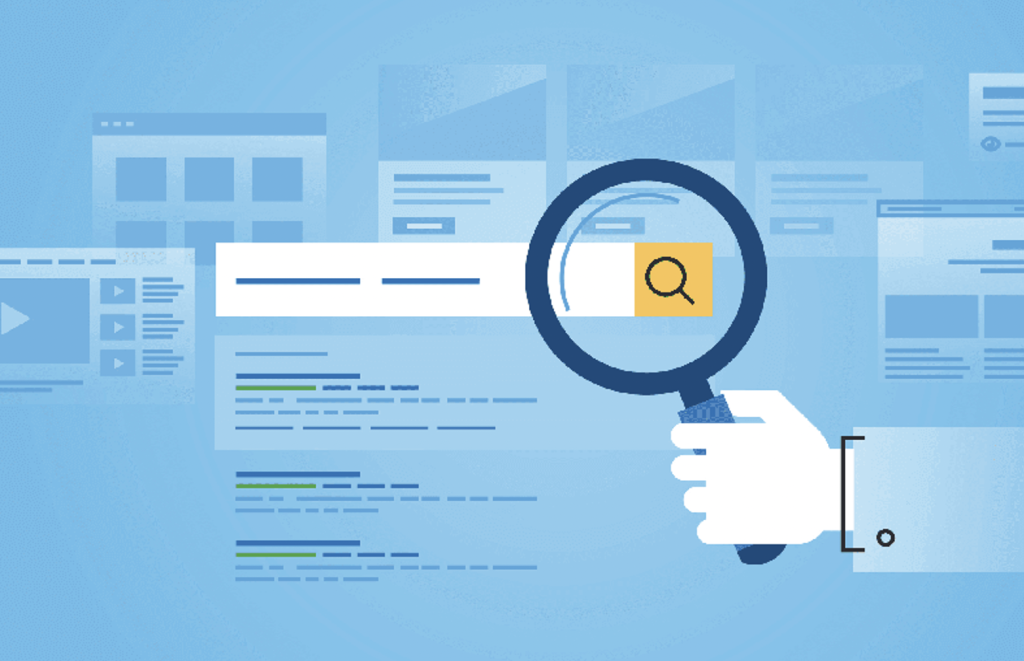When you are browsing the internet, your internet activity passes through the ISP before reaching its destination. But not every ISP can be trusted with your browsing history, especially in a time when there are rising concerns about browsing history and data visibility.
The reason behind hiding browsing history can be aplenty. Some want to get rid of the frustrating ads while others simply do not want anyone to see their searches.
Often ISPs claim that they don’t sell your data. Well, technically it is true but the fine print gives them the permission to share some details of your browsing history with third parties. They, then, sell this data to a data broker, who uses it to create a profile of your needs, wants, and likes to sell it to advertisers. As a result, you are bombarded with targeted ads.
Who likes that! You can’t completely disown ISPs because they provide you with the internet, but what you can do is adopt different means to hide your browsing history.
Here are a few ways that can hide your browsing history.
1. Use Incognito Mode While Browsing
Contents
The easiest way to hide your browsing history is to use the incognito mode. Almost every browser has this mode, just the name varies. While some call it the privacy mode, others call it the incognito mode.
The name might be different, but the working is the same. When you are in Incognito mode, the browser doesn’t record or store your browsing history. If you have to hide your browsing history while browsing at home, especially if you are sharing the device with other people, this can be a good method.
It allows you to block all first-party cookies from storing the websites you visited. So, the details won’t be available for later use.
But is it enough to keep your browsing history really secure and private from the ISPs? We don’t think so. So, let’s move on to the next method.
2. Change the DNS Settings
The Domain Name System functions like an address book for the internet. It tells your computer where to navigate when you type a web address. DNS will match the site’s name to the IP address so that you land on the requested link.
DNS was introduced in the 1980s when encryption wasn’t well-known. Thus, DNS requests are not encrypted, and anyone can manipulate them. Also, they are vulnerable to man-in-the-middle attacks where attackers interrupt your DNS query to redirect you to a malicious site.
So, to protect yourself, you should change your DNS settings. Use a setting that will add an encryption layer to DNS, and it will be harder for the ISPs to keep track of your web activity.
3. Browse with Tor
Tor is also known as the Onion Router. It will route your web traffic through a random series of various nodes or servers to hide the origin of your browsing data and mask your identity.
Tor had been developed by the United States Navy Department. It is a nonprofit tool that helps you remain anonymous. But the drawback of browsing with Tor is it can slow down your speed. This is mainly because it had been created to help activists and whistleblowers and wasn’t meant for casual browsing.
4. Use HTTPS Everywhere
Your URL’s encrypted version is called HTTPS. You can detect it from the padlock icon on the browser’s address bar. With this, your ISPs will be able to check the websites you are browsing, but they won’t be able to check their content.
5. Use Privacy-Conscious Search Engines
In case you are wondering what your ISP will come to know from your browsing history, think about what Google can learn from your search history.
Google has a business model that depends on tracking data to collect insights and use it for ads. It doesn’t take any steps to hide it. So, a good alternative is to use a privacy-conscious search engine that states that it will not track or store your search history.
6. Use a VPN
The best alternative to hide your browsing history is to use a VPN. It will encrypt your data and create a secure tunnel for your details to pass through, providing you the privacy you were looking for. This way nobody intercepts your data, and your details are kept hidden.
VPN providers have servers in different locations. If you connect to a VPN, your data will be routed through these servers. As soon as you connect to the VPN, your device will get the IP address of the server you are using. So, websites, ISPs, and others won’t be able to check your real IP address and your details too, remain protected.
VPNs come with many practical advantages.
In case you are not sure as to which VPN to use, we recommend https://thefastvpn.com/. With this, you can stay private while accessing worldwide content. Once you install this on your device, no one will be able to see through the tunnel or get their hands on your browsing history. It is a VPN service that offers a fast connection. It has servers in more than 50 countries.
Bottom Line
Often, we are not aware of the fact that someone might be tracking our activities while we are browsing the internet. Many are not familiar with the disadvantages of the internet movement. If you think hiding your online browsing history is a hassle, you can simply use a VPN service. With FastVPN, you can get the privacy and security you are looking for.

